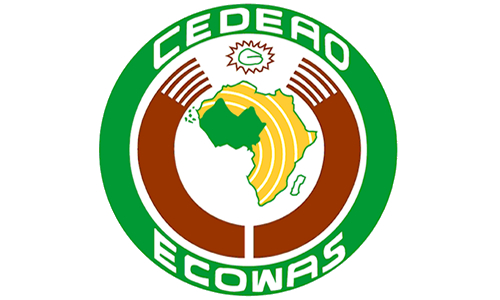
The Economic Community of West African States (ECOWAS) and the Centre for Agriculture and Bioscience International (CABI) have commenced a weeklong pest risks analysis training workshop for officers from National Plant Protection Organisation in the sub-region and the Sahel.
The training formed part of the PlantwisePlus training programme, led by CABI, which aimed to help countries predict, prepare for and prevent potential plant health threats.
The focus of the workshop is on capacity building and the development and application of decision-support tools for identifying and assessing new pest risks.
“In this 2023 workshop, we will design and test a regional approach for pest-initiated pest risks analysis for priority pests and value chains for the ECOWAS and Sahel region with a view to developing an effective regional approach for addressing pest risks,” a statement from the organisers said.
Opening the conference, Mr Copperfield Banini, Deputy Director Ghana NPPO, said trade and tourism were the primary drivers of exotic pests’ invasion and this was been worsened by climate change and the availability of suitable tropical climate which is more favourable to these pests.
“The future of our agriculture, including its capacity to contribute to growth and job creation, depends on our ability to maintain a good plant health status by protecting our agriculture from exotic pests’ invasion. This is our charge as representatives of NPPOs and we cannot afford to fail,” he said.
He said that the introduction and spread of invasive plant pests across geographical boundaries was a global worry which is addressed by several international agreements that permit countries to use phytosanitary measures to protect their plant resources and trade.
However, such measures should be scientific, technically justified, non-discriminatory and transparent.
Sadly, most NPPOs in Africa and other parts of the world lack the technical expertise to carry out a comprehensive PRA.
Mr Banini said as NPPOs from the same subregion with similar climatic conditions and threatened by the same phytosanitary risks, it was very important to begin thinking of a regional approach to phytosanitary threats.
“This call is further supported by the fact that our border control systems are very weak and with limited resources to work with. A regional approach to phytosanitary control will provide us the opportunity to pool resources, share experience and ensure judicious use of our scarce resources
I urge all participants to make good use of this rare opportunity so that our countries and the region can derive maximum benefit from this facility.”
“At the end of the training, we should be thinking of having a regional PRA team supported by ECOWAS to conduct robust PRAs on priority pests for the region,” he said.
Dr Victor Clottey, CABI Regional Representative West Africa, said the workshop was to help contribute to the sustainable development goals by helping farmers through training and advisory services.
He said the seven-year Plantwiseplus programme, which will run from 2024 to 2030, would enable stakeholders to predict the entering of pests and examine the possibility of stopping and preventing their spread if already in the jurisdiction.
The programme will also allow the sharing of knowledge across the different spectrum of stakeholders such as farmers, regulators and businessmen, among others, to bring into the country products used to manage pests are of lower risk.
According to the statement, the event presented a national horizon scanning work in the region and identify ECOWAS and the Sahel’s priority pests for pest risk analysis.
The statement noted that it would also test the regional pest risks analysis process by developing analysis on priority pests for the ECOWAS and Sahel region.
“It would gather feedback on the pest risks analysis tool to improve its usefulness to ECOWAS members and Sahel as well as explore the benefits and requirements of a regional approach to prevent the introduction of new pests into the ECOWAS and Sahel region,” the statement added.
The statement noted that the pests included those that were not recorded as present in any member state and the Sahel but occurred elsewhere on the continent and were pests of major crops for the region.
“Recently introduced pests that have a limited distribution in the ECOWAS and Sahel region will also be considered to assess the likelihood of spread to other members.”
“The training will include the identification of risk management measures to prevent introduction to new areas,” the statement said.
The workshop commenced on November 13 and would end on November 17 2023 in Accra.
The identification of pest threats and application of appropriate measures to prevent the introduction of invasive species to the ECOWAS and Sahel region is critical for protecting domestic crop production.
It also facilitates the safe import of plant commodities into the region, trade between ECOWAS member states and the Sahel, and market access for exports.
Source: GNA























